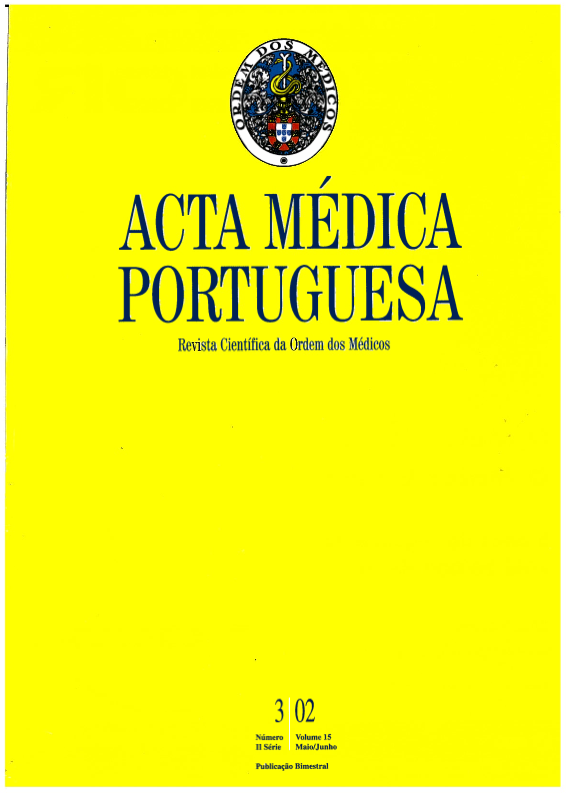Detection of phospholipidolytic Candida albicans isolated from saliva of children with Down's syndrome.
DOI:
https://doi.org/10.20344/amp.1931Abstract
The childhood is one of the most propitious period of the life to the occurrence of infection by yeasts of the genus Candida. In children with Down's syndrome, besides the predispose factors to bucal candidiasis; macroglossia, bucal muscular incompetence, frequent respiratory diseases, motor difficulty and immunologic deficit are mentioned as additional elements for this fungus disease. It was verified that the children attacked by this syndrome have much more strains of Candida than other children. The aim of this study was to detect the prevalence of phospholipase producer, Candida on the saliva of children with Down's syndrome. Candida albicans was the only identified specie of Candida. The phospholipase production was found in isolated strains from both of study and control. However, the isolated strains of the group of children with Down's syndrome have strongly present phospholipidolitic.Downloads
Downloads
How to Cite
Issue
Section
License
All the articles published in the AMP are open access and comply with the requirements of funding agencies or academic institutions. The AMP is governed by the terms of the Creative Commons ‘Attribution – Non-Commercial Use - (CC-BY-NC)’ license, regarding the use by third parties.
It is the author’s responsibility to obtain approval for the reproduction of figures, tables, etc. from other publications.
Upon acceptance of an article for publication, the authors will be asked to complete the ICMJE “Copyright Liability and Copyright Sharing Statement “(http://www.actamedicaportuguesa.com/info/AMP-NormasPublicacao.pdf) and the “Declaration of Potential Conflicts of Interest” (http:// www.icmje.org/conflicts-of-interest). An e-mail will be sent to the corresponding author to acknowledge receipt of the manuscript.
After publication, the authors are authorised to make their articles available in repositories of their institutions of origin, as long as they always mention where they were published and according to the Creative Commons license.









